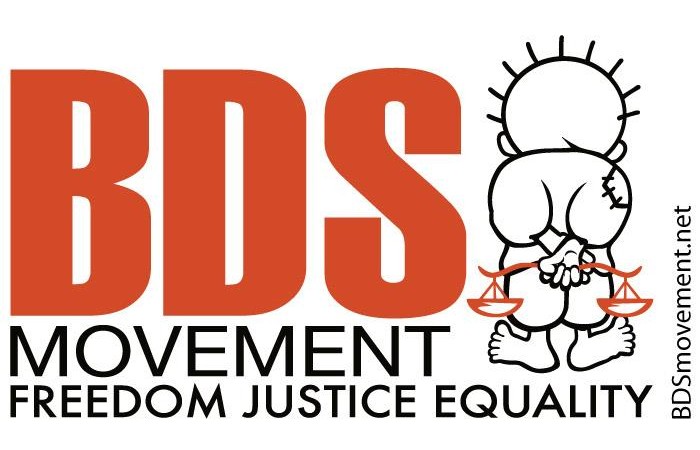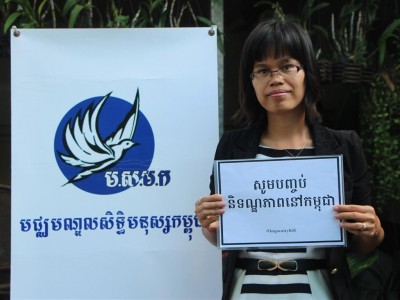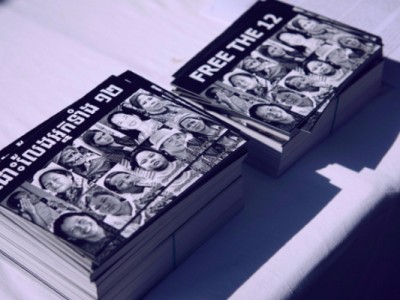
Boycott, Divestment and Sanctions (BDS) Movement
Country
Palestine. Global
Campaign Description
In 2005, Palestinian civil society issued a call for a campaign of boycotts, divestment and sanctions (BDS) against Israel until it complies with international law and Palestinian rights. The Consumer Boycott Campaign focuses on a consumer boycott of Israeli companies, goods and services and/or of international companies involved in Israeli policies violating Palestinian human rights and international law.
Campaign Objectives
- Generating public awareness about the Israeli Occupation and Israel's violations of human rights, in addition to international support for it.
- Applying economic pressure for change.
Campaign Target Audience
-
Individuals
-
Local activists, communities, civil society
-
Students and student unions
-
Law and Policymakers
-
Corporations
Campaign Tools and Activities (Online & Offline)
-
Extensive material created for campaign
-
Social Media campaigns
-
Mainstream Media coverage (articles/ op-eds)
-
Relied on local community for offline events and direct actions
- Reached out to ‘celebrities’ to take a stance on BDS
- Main activities:
- Demonstrations
- Petitions
- Flashmobs
- Sit-ins in front of Stores
- Talks, meetings and discussions with local activists
Campaign Outcomes
- The campaign has established hundreds of local branches across the globe focusing on boycotting consumer products from Israel and particularly products manufactured in Settlements (deemed illegal under International Law). These branches are linked to civil society, student unions, churches and more that are directly involved within their communities.
- These local campaigns have all achieved various outcomes in boycotting Israeli products within their communities. Such as student unions working towards having university wide BDS policies, or products being removed from shelves in certain stores.
- After the 2014 war on Gaza, it was reported that a fifth of Israeli exported experiences a drop in demand of their products and in 2015 the EU adopted a law that requires all products from Israeli Settlements be labeled.
Some of the outcomes of the overall campaign can be read here.
Successes
One of the main success of this campaign is the global reach, yet local implementation of the campaign. The ability to work with the local community has allowed the activists to engage the community on this issue within a local context.
The campaign was able to raise global awareness on the Israeli human rights violations and Occupation while also providing the ability to take direct action to create change through a consumer boycott.
Failures
Although the consumer boycott campaign is arguably one of the more successful campaigns of the BDS movement it sometimes suffers from lack of organization from within the local communities.
Another shortcoming is the minimal production of online material or support for the local organizations.
Organizations involved
-
BDS Movement
-
Local Communities and organization
-
Student Unions
Campaign on Social Media









